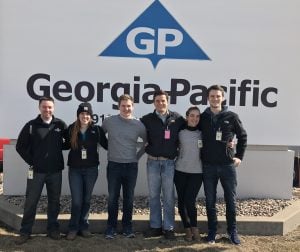 In an interview with @ForensicMag, ECE associate professor Chee-Wooi Ten answers the Virtual Case Notes question: Are Power Grids Prepared to Withstand Cyber Threats?
In an interview with @ForensicMag, ECE associate professor Chee-Wooi Ten answers the Virtual Case Notes question: Are Power Grids Prepared to Withstand Cyber Threats?
Ten says an effective approach to improving cybersecurity for power grids would be to encourage cooperation between those with knowledge about cybersecurity and those with knowledge about power grids and their physical components, so the two can work together to assess the risks and how they can best be dealt with.
Read more for the complete story by associate editor Laura French.


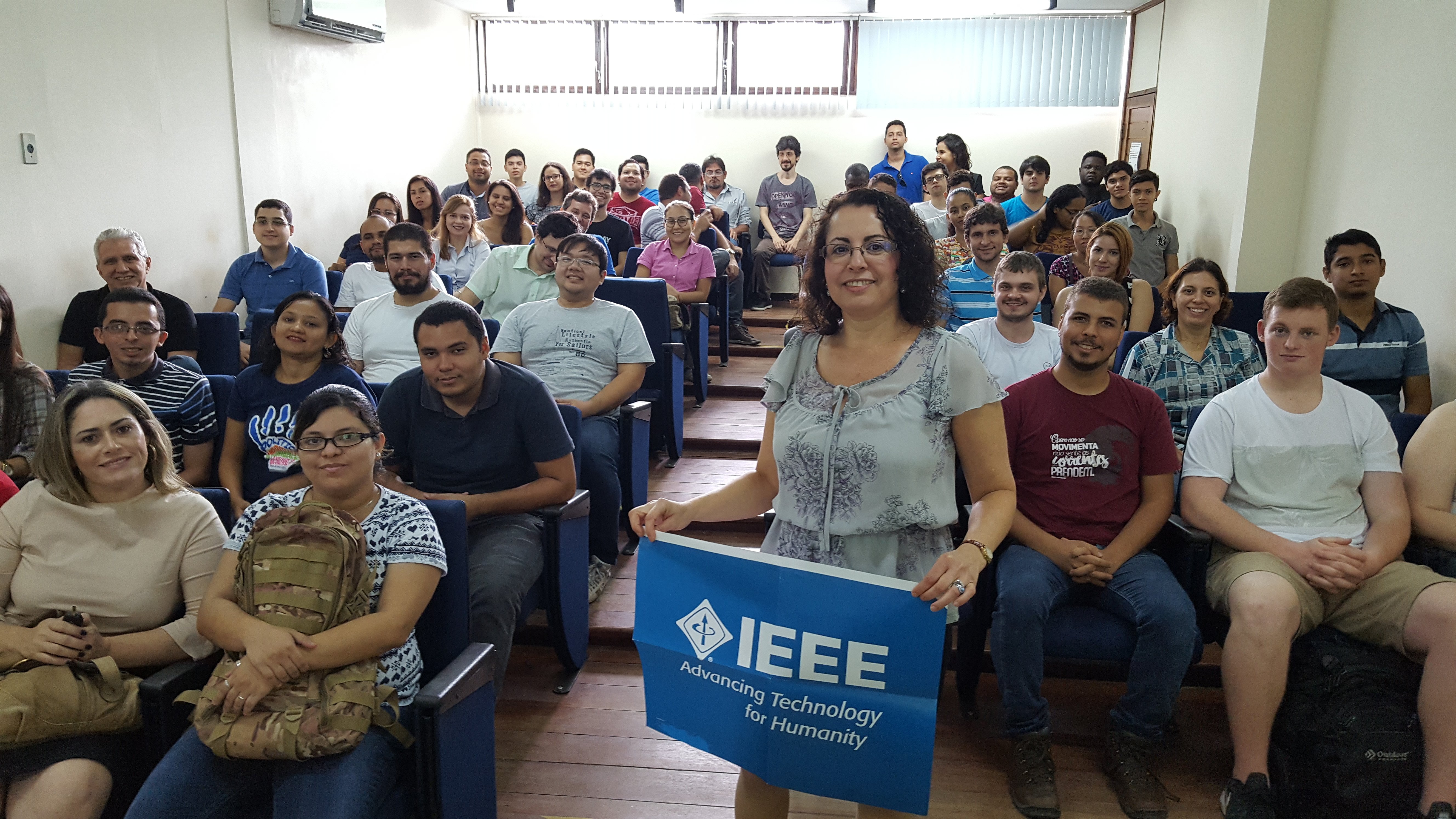
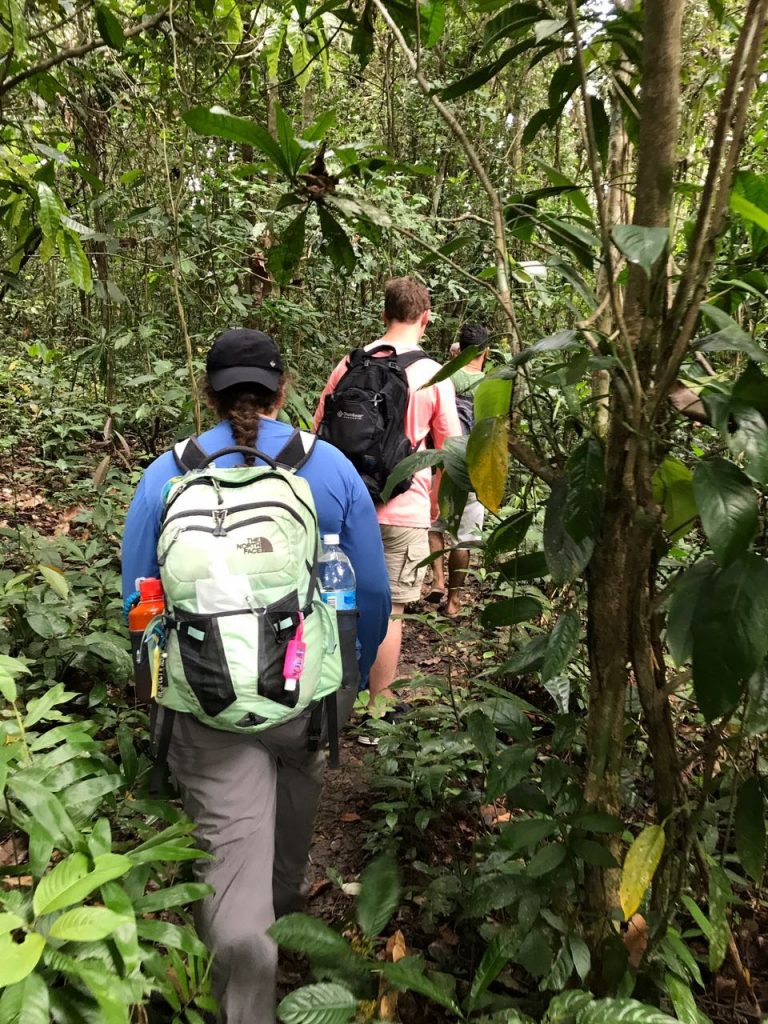
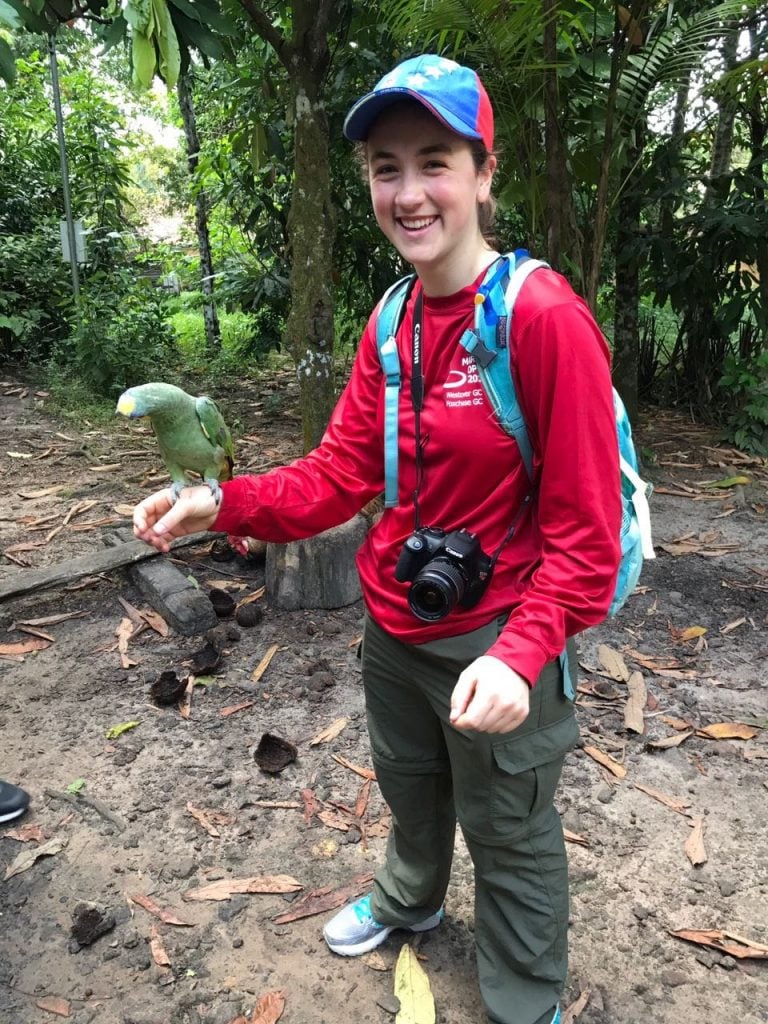
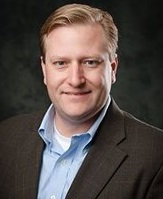

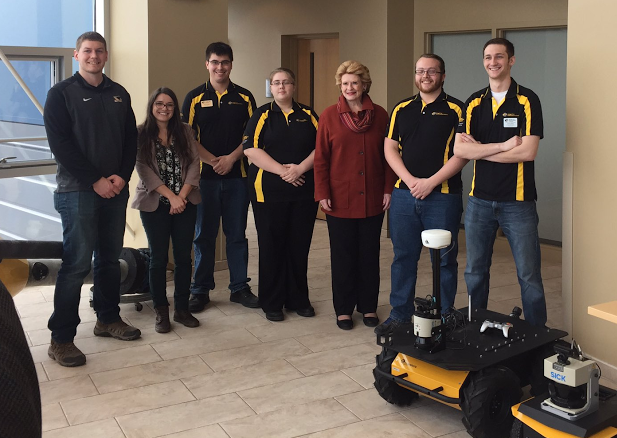
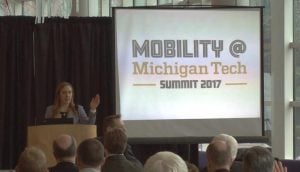 The first part of this FWF double feature almost didn’t get written because there were so many events and activities in the ECE Department that I had to attend to. This second part almost didn’t get written because I was lying in bed binge-watching Season 3 of HBO’s “Silicon Valley”. This highly entertaining and astonishingly vulgar parody of start-ups in “the valley” is LOL funny, especially for electrical and computer types like us. I am not certain that all the counter-culture stereotypes and situations bear full resemblance to reality, but I do have to imagine that there is a seamy underbelly to the tech innovation culture that is usually held up as the paragon of realized human potential, even in this very blog. Season 4 starts this week!
The first part of this FWF double feature almost didn’t get written because there were so many events and activities in the ECE Department that I had to attend to. This second part almost didn’t get written because I was lying in bed binge-watching Season 3 of HBO’s “Silicon Valley”. This highly entertaining and astonishingly vulgar parody of start-ups in “the valley” is LOL funny, especially for electrical and computer types like us. I am not certain that all the counter-culture stereotypes and situations bear full resemblance to reality, but I do have to imagine that there is a seamy underbelly to the tech innovation culture that is usually held up as the paragon of realized human potential, even in this very blog. Season 4 starts this week!

